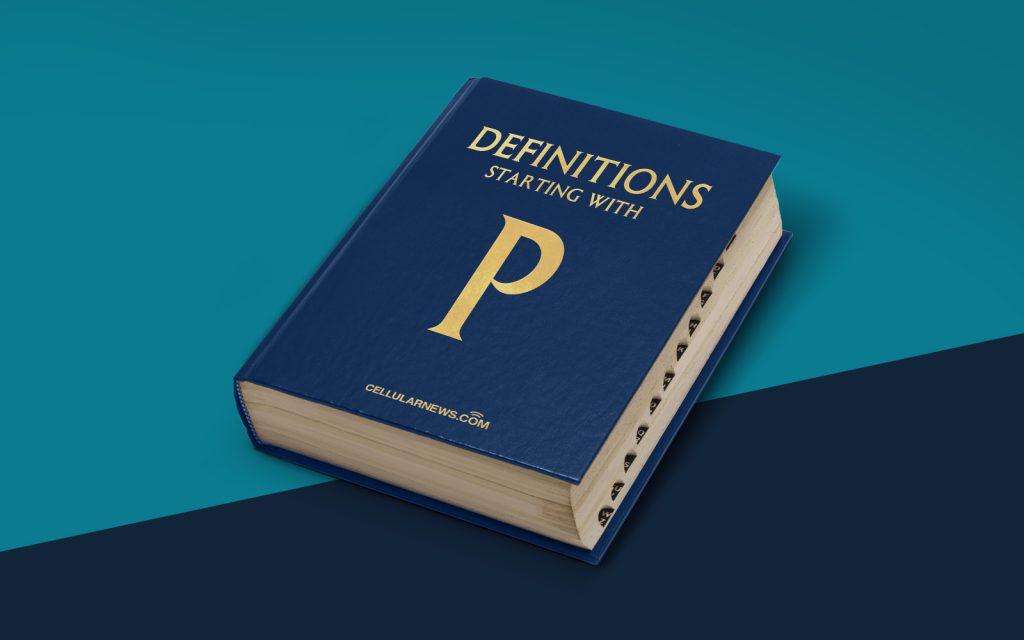
Understanding Privilege: Unearthing the Concept
Privilege is a term that we often hear in discussions surrounding social justice and inequality. But what exactly does it mean? To put it simply, privilege refers to the advantages and benefits that certain individuals or groups enjoy solely based on their social identity or positioning within society. These advantages are often unearned and come at the expense of others who do not have the same opportunities or access.
Privilege operates on multiple levels, including race, gender, class, sexuality, ability, and more. It is a complex and nuanced concept that can be difficult to fully grasp. In this article, we will delve deeper into the idea of privilege, exploring its various forms and shedding light on its significance in shaping our society.
Key Takeaways
- Privilege refers to the advantages and benefits certain individuals or groups enjoy based on their social identity.
- It operates on multiple levels, such as race, gender, class, sexuality, and ability.
The Different Dimensions of Privilege
Privilege manifests in various dimensions, each with its own set of dynamics and implications. Let’s explore some of the key dimensions of privilege:
- Racial Privilege: This form of privilege refers to the advantages conferred upon individuals based on their race. In many societies, whiteness is often the standard against which other racial identities are measured.
- Gender Privilege: Gender privilege is the advantages individuals receive based on their gender identity. Historically, men have enjoyed greater access to power, resources, and opportunities than women.
- Class Privilege: Class privilege relates to the advantages that come with being part of a certain socioeconomic class. Those who are born into wealth or have access to financial resources are often afforded greater opportunities and social mobility.
- Sexual Orientation Privilege: This form of privilege pertains to the benefits individuals enjoy based on their sexual orientation. Heterosexuality is often assumed as the norm, resulting in heterosexual individuals facing fewer obstacles and discrimination.
- Ability Privilege: Ability privilege refers to the advantages experienced by individuals who do not have disabilities. Society often caters to able-bodied individuals, making it easier for them to navigate physical, social, and workplace environments.
The Significance of Privilege
The concept of privilege is crucial in understanding and addressing systemic inequalities within societies. Here are a few reasons why acknowledging privilege is important:
- Shedding Light on Inequality: By recognizing and discussing privilege, we can bring awareness to the unequal distribution of resources and opportunities that exist in our society.
- Fostering Empathy and Understanding: Understanding privilege allows individuals to empathize with those who face systemic barriers and discrimination, fostering a greater sense of compassion and solidarity.
- Promoting Responsible Action: Recognizing privilege enables individuals to use their positions and voices to advocate for change and stand against injustice.
Privilege is a multifaceted concept that requires ongoing self-reflection, learning, and critical analysis. By continually exploring and challenging our own privilege, we can work towards creating a more equitable and inclusive society for all.
